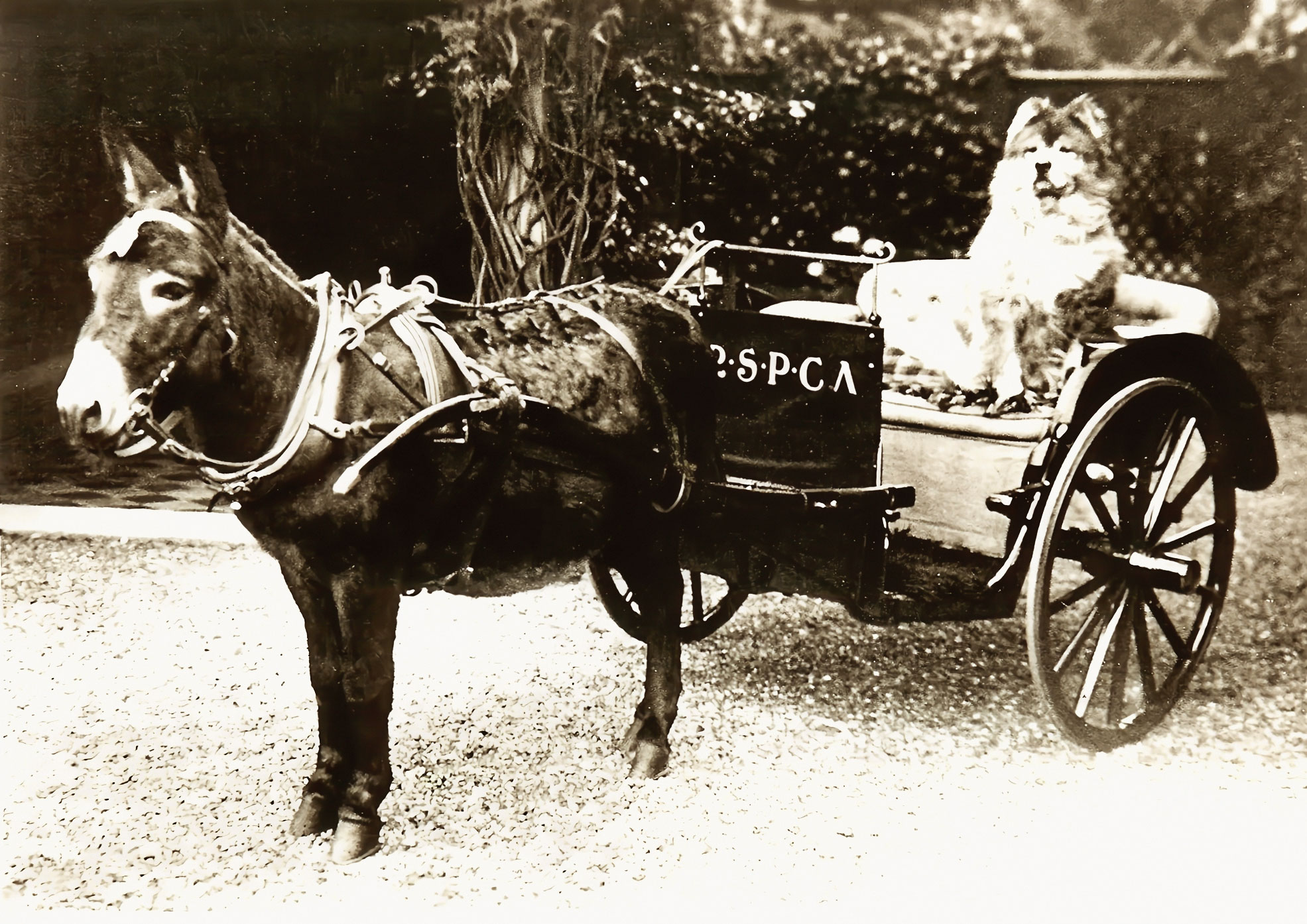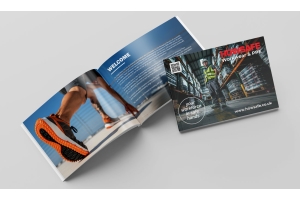We use cookies to make your experience better. To comply with the new e-Privacy directive, we need to ask for your consent to set the cookies. Learn more.
Peterborough Stories: Jimmy the Donkey

In the heart of Peterborough lies a story that captures the imagination and heart of the community - the tale of Jimmy the Donkey. While his origins are shrouded in the fog of World War I, Jimmy's legacy in Peterborough is as clear as day.
Born in the trenches, Jimmy's story is a mix of heroism and mystery. Some say he served as a sergeant with a Scottish regiment during the war, carrying supplies and wounded soldiers. However, his wartime heroics have been debated, with some suggesting his story was embellished by a horse dealer who sold him to the RSPCA in 1920.
Regardless of his true past, Jimmy's impact on Peterborough is indisputable. For over 20 years, he worked tirelessly to raise funds for the RSPCA, becoming a beloved figure in the community. His dedication to helping animals in need reflects the resilient and compassionate spirit of Peterborough.
Jimmy's legacy continues to live on in Central Park, where he is buried. It's a fitting tribute to a donkey who, regardless of his war record, dedicated his life to service. It's a reminder of the unexpected heroes among us and the power of community spirit.
At Howsafe, we draw inspiration from Jimmy's story. His unwavering commitment to service mirrors our dedication to providing the best in workwear and PPE. As we cater to the safety needs of our community, we carry forward the spirit of heroes like Jimmy, who have left an indelible mark on Peterborough's history.
Remembering Jimmy the Donkey is not just about honoring a local legend. It's about celebrating the qualities that make Peterborough unique - its resilience, its compassion, and its capacity for extraordinary stories. So, the next time you walk through Central Park, spare a thought for Jimmy, a simple donkey with a tale as compelling as the city he served.
When he died, in 1943, he was buried in Central Park, Peterborough. The inscription on his memorial stone reads:
Our Jimmy
Born on The Somme June 1916
Mascot of the 1st Scottish Rifles
Died 10 May 1943
Bought by Mrs Heath in 1920
To give him a good home
And to promote interest in the RSPCA






